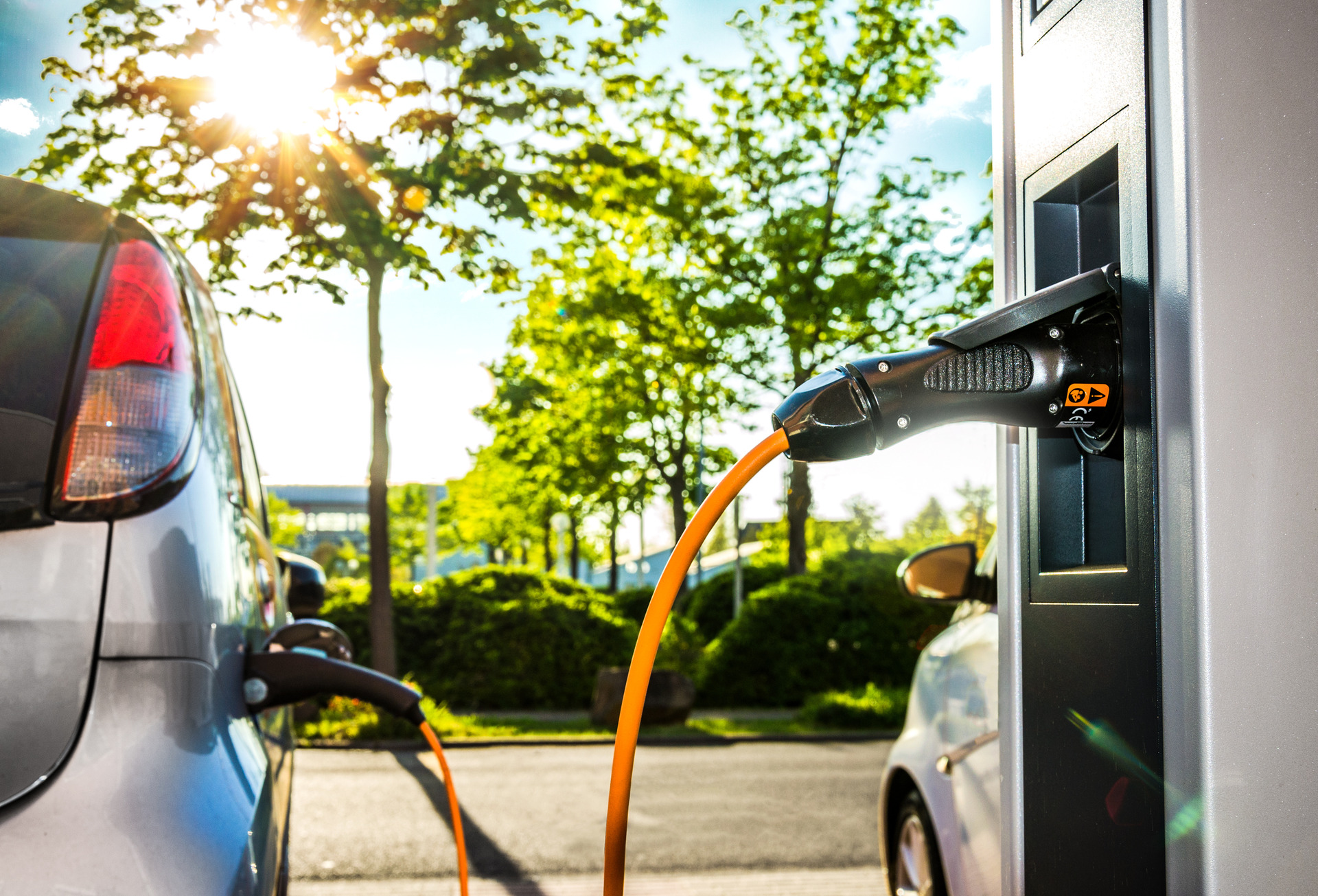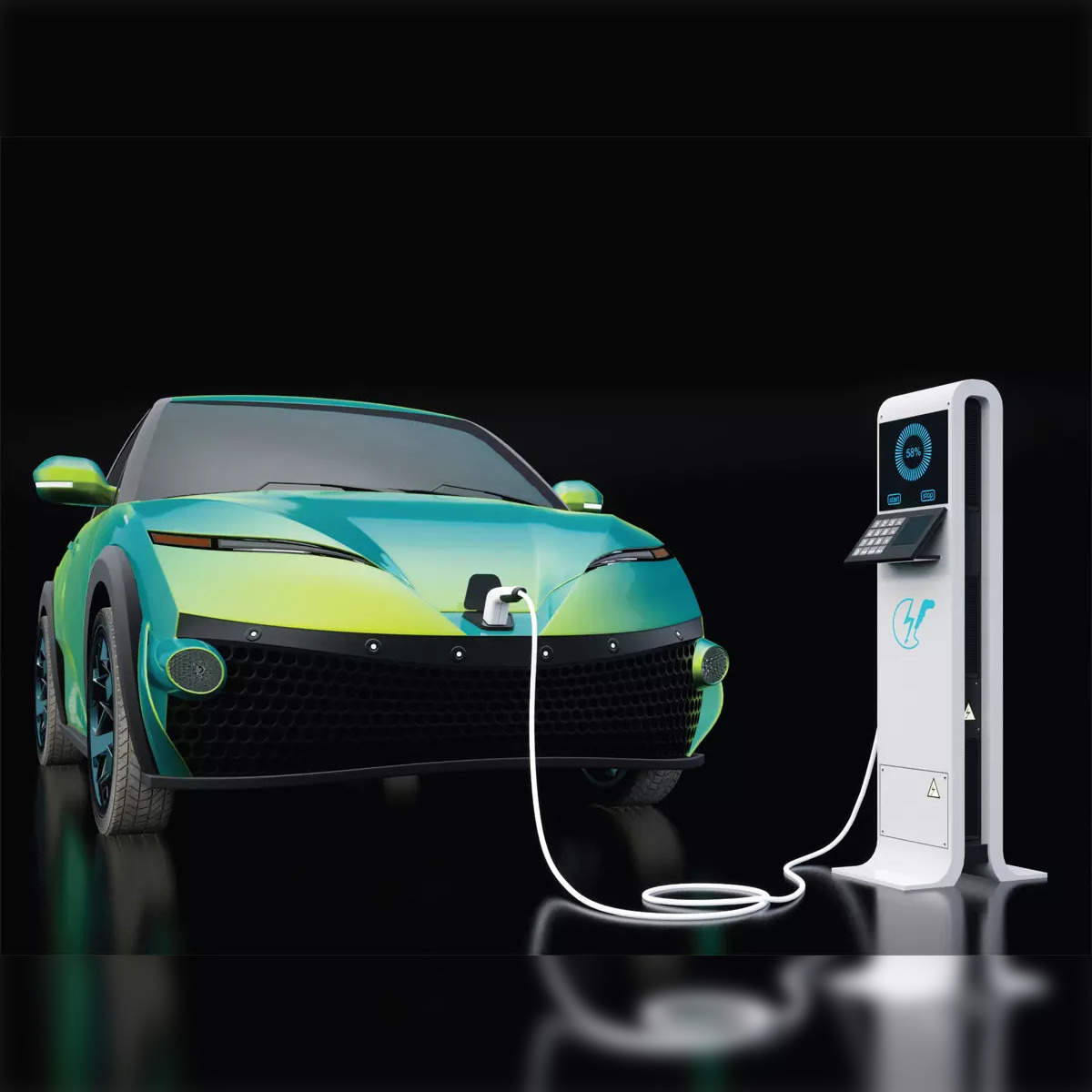Introduction
Electric cars are often hailed as the future of transportation, promising cleaner air and a reduced carbon footprint. While they offer significant environmental benefits compared to gasoline-powered vehicles, it’s crucial to understand their impact throughout their entire life cycle, from production to disposal.
Benefits
Reduced air pollution:
Electric vehicles (EVs) have zero tailpipe emissions, eliminating harmful pollutants like smog-forming oxides of nitrogen, particulates, and carbon monoxide. This significantly improves air quality, especially in urban areas, leading to fewer respiratory problems and improved public health.
Lower greenhouse gas emissions
While EVs generate emissions during electricity production, studies show their overall lifetime emissions are typically lower than gasoline cars. This is because power plants are becoming increasingly efficient, and the use of renewable energy sources like wind and solar is growing.

Energy efficiency
Electric motors are significantly more efficient than combustion engines, converting a larger portion of the energy used into power for the vehicle. This translates to less energy consumption and lower emissions, even when accounting for energy losses during electricity generation and transmission.
Challenges
Battery production:
Manufacturing lithium-ion batteries, a key component of EVs, can be energy-intensive and involve the use of materials like lithium and cobalt, which raise concerns about ethical sourcing and potential environmental damage during mining.
End-of-life of batteries
Improper battery disposal can pose environmental risks due to the presence of hazardous materials. However, advancements in battery recycling are continuously being developed to minimize these concerns.
Reliance on the electricity grid
The environmental impact of EVs depends heavily on the source of electricity used for charging. If the grid relies heavily on fossil fuels, the benefits of EVs are reduced. Transitioning to a cleaner energy mix is essential to maximize their environmental benefits.
Moving Forward
Despite their challenges, electric cars represent a significant step towards a more sustainable transportation system. Here are some key considerations for the future:
Invest in renewable energy
Transitioning the electricity grid to cleaner sources like wind and solar power is crucial to maximize the environmental benefits of EVs.
Improve battery technology
Research and development efforts should focus on reducing the environmental impact of battery production, exploring alternative materials, and developing efficient recycling processes.
Promote responsible sourcing
Ensuring ethical and sustainable mining practices for battery materials is essential to minimize environmental and social harm.

Develop smart harging infrastructure
Encouraging off-peak charging and integrating renewable energy sources into charging stations can further reduce the environmental impact of EVs.
Conclusion
The environmental impact of electric cars is complex and multifaceted. While they offer significant advantages over gasoline vehicles, particularly in terms of air quality and greenhouse gas emissions, addressing the challenges associated with battery production and reliance on the electricity grid is crucial. By promoting sustainable practices throughout the entire life cycle of EVs, we can harness their potential to contribute to a cleaner and healthier future.

